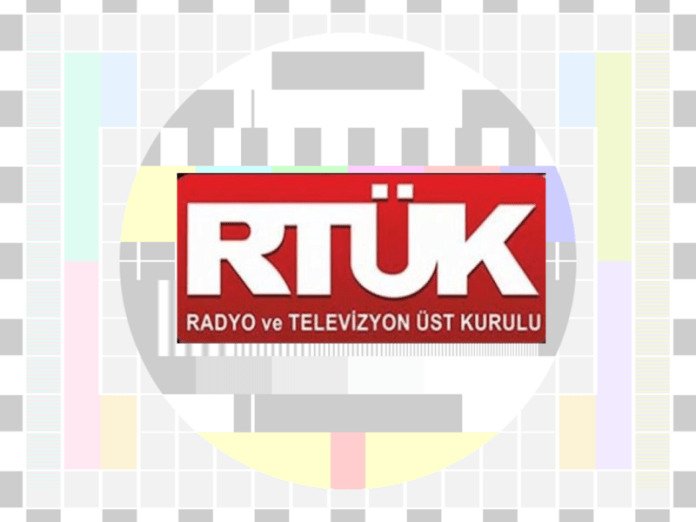Turkey’s broadcast regulator has imposed broadcasting bans and fines on three opposition-affiliated TV stations, heightening concerns over press freedom amid a broader crackdown on dissent following the arrest of İstanbul Mayor Ekrem İmamoğlu, Turkish Minute reported.
The Radio and Television Supreme Council (RTÜK) announced on Wednesday that it had imposed a 10-day broadcasting ban and a fine of 3 percent of the previous month’s revenue on Halk TV for allegedly inciting hatred and hostility among the public.
Tele 1 and SZC TV were also penalized and were each banned from broadcasting, said RTÜK board member Tuncay Keser.
“Halk TV will be silenced for 10 days,” Keser wrote on social media. “The reason given is incitement to hatred and enmity. With this latest sanction, Halk TV — just like SZC TV — is threatened with license revocation.”
Keser, who voted against the sanctions, described them as “a “blow to press freedom” and warned that Turkey was being pushed towards a “unanimous media order” under the guise of promoting “local and national” values.
The move comes amid ongoing unrest following the arrest of İmamoğlu on March 23, which has sparked widespread demonstrations and weekly rallies by the main opposition Republican People’s Party (CHP). Critics say the RTÜK sanctions target news outlets that have given ample airtime to these protests and opposition voices.
Cafer Mahiroğlu, the chairman of Halk TV, condemned the decision and accused the government of using RTÜK as a weapon to suppress independent journalism.
“RTÜK has made its decision: ‘I will not let Halk TV broadcast,’” Mahiroğlu said in a statement. “They want a media landscape with one voice, one authority. They ignore the fact that Turkey, at least on paper, is still a constitutional state.”
Mahiroğlu also revealed that Halk TV has been waiting for over three months for a response from RTÜK on its application for routine license renewal, which was submitted and paid in mid-March. He suspects that the delay could be politically motivated.
“After all this time, why hasn’t a standard licensing procedure been done? Are they looking for a reason to deny us?” he asked. “Nothing stays in the dark forever.”
RTÜK’s recent decisions are based on Article 8/1(b) of the Turkish Broadcasting Law, which prohibits incitement to hatred based on class, ethnicity, religion, sect or regional differences. If the same provision is violated again after the suspension of broadcasting, the council can revoke Halk TV’s license altogether.
Keser denounced this procedure as arbitrary and warned that the consequences go beyond the broadcasters concerned.
“It’s not just the screens that are being blacked out,” he said. “It’s about democracy itself, the public’s right to access information and the principle of media pluralism.”















